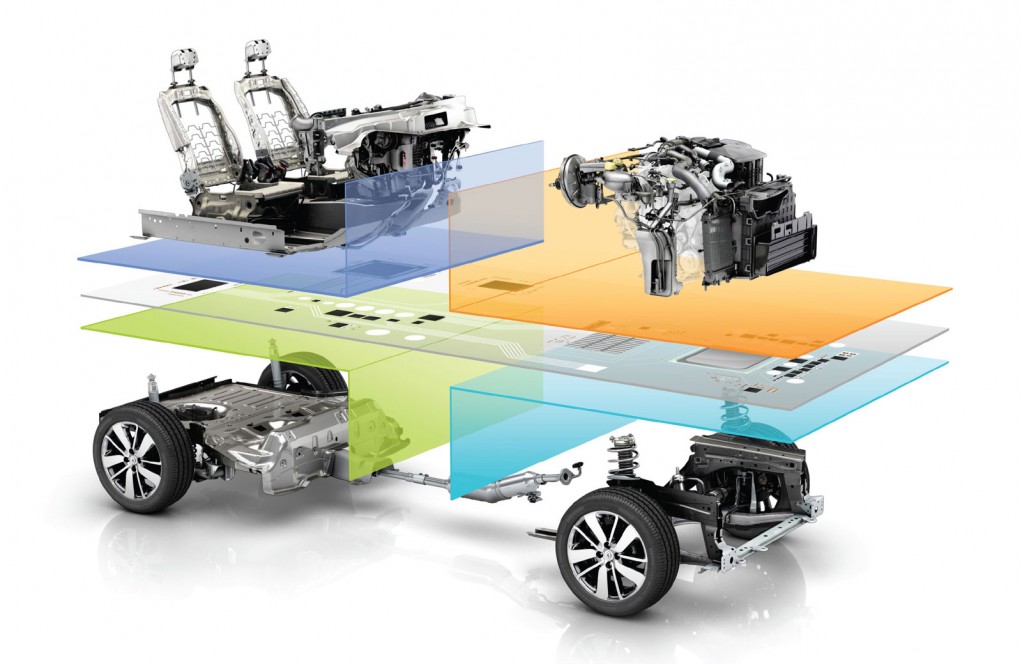The Covid-19 coronavirus has hit all automakers hard but the Renault Nissan Mitsubishi Alliance in particular was already suffering from falling sales and the fiasco surrounding the ouster of former chairman Carlos Ghosn before the pandemic.
This led to rumors there might be a split in the alliance but a new strategy announced Wednesday calls for further integration, particularly in the area of vehicle development.
While a merger between the partners is not on the table, at least for now, all three will cooperate to further improve synergies. This will be guided by a new “leader-follower” strategy where each partner will be responsible for developing vehicles and core technologies used across the alliance.
For example, Nissan will be responsible for all compact crossover SUVs, self-driving technologies, and electric powertrains for larger vehicles, while Renault will cover all subcompact crossovers, as well as in-car connectivity, and electric powertrains for smaller vehicles. Mitsubishi will handle development of plug-in hybrid technology for larger vehicles.

Renault Nissan’s Common Module Family (CMF)
The three partners will also work to streamline the number of platforms. For minicars and subcompacts, the partners will use existing CMF-A and CMF-B platforms, respectively. New CMF-C and CMF-D platforms will be developed for compact and mid-size cars, respectively. A dedicated EV platform labeled CMF-EV will also be developed.
Close to 50 percent of the vehicles sold by the alliance will have been developed under the leader-follower strategy by around 2025, with Jean-Dominique Senard, chairman of the alliance and Renault, stating that the cost of developing a vehicle could be reduced by up to 40 percent.
“The new business model will enable the alliance to bring out the most of each company’s assets and performing capabilities, while building on their respective cultures and legacies,” he said. “The three companies of the alliance will cover all vehicle segments and technologies, across all geographies, for the benefit of every customer, while increasing their respective competitiveness, sustainable profitability and social and environmental responsibility.”
Each partner will also become a champion for specific markets, based on where they have key strengths. Renault will be the champion for Europe, Russia, South America and North Africa; Nissan will be the champion for North America, Japan and China; and Mitsubishi will be the champion for Southeast Asia and the Pacific. It doesn't mean partners won't compete in markets where they aren't champion, but it could mean their presence and lineups are scaled back.
